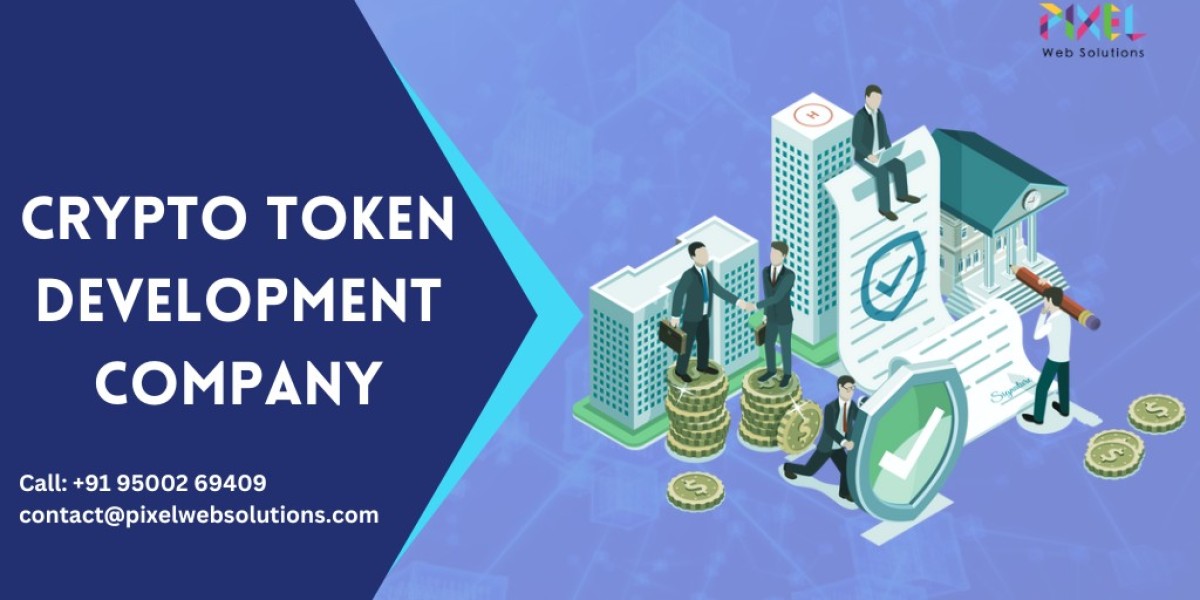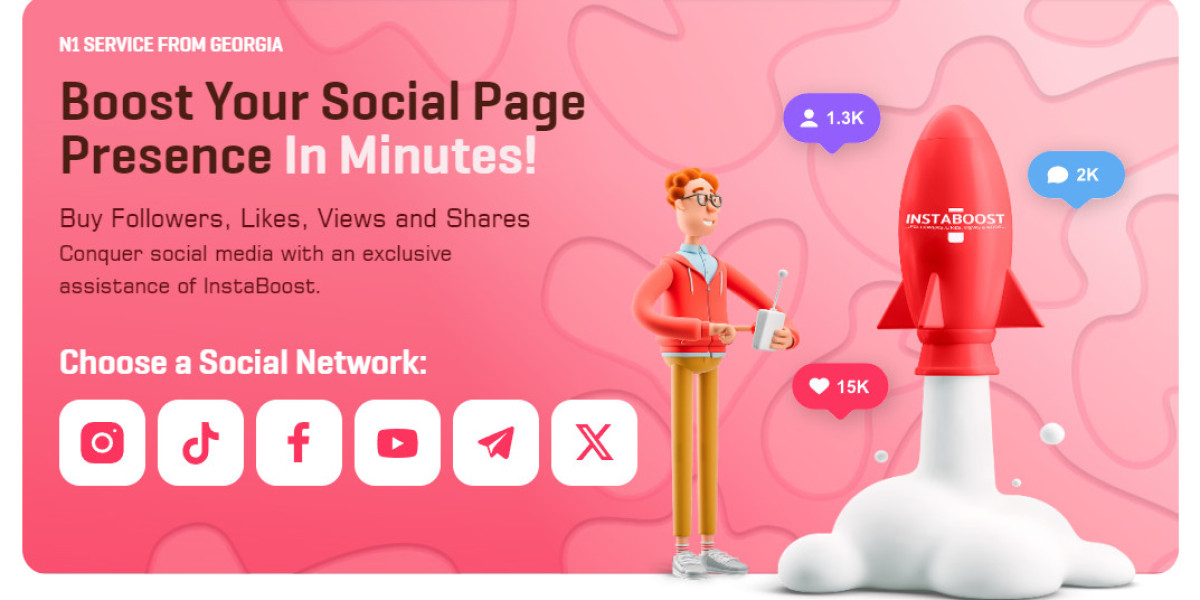In 2024, real-world asset tokenization continues to transform how we manage, trade, and invest in tangible and intangible assets. By converting ownership rights into digital tokens on blockchain networks, tokenization provides a more efficient, transparent, and accessible way to handle assets like real estate, commodities, and intellectual property.
Let’s explore some of the top use cases of asset tokenization driving change in 2024.
1. Real Estate Tokenization
Real estate has become one of the most popular sectors for asset tokenization. Tokenizing property ownership simplifies buying, selling, and fractional ownership, making it accessible to more investors worldwide. Investors can purchase smaller shares of high-value properties, creating liquidity in a traditionally illiquid market. In 2024, tokenized real estate expands access to international markets, and ownership transfer times continue to shorten.
2. Commodities and Precious Metals
Tokenization of commodities like gold, silver, and oil allows investors to purchase smaller fractions, removing the need for physical storage. Through tokenized commodities, investors can access diversified portfolios without the logistical hurdles of physical commodities. Blockchain tracking also enhances transparency by verifying asset origin, quality, and authenticity. In 2024, the tokenized commodities market is helping make these traditionally exclusive markets more inclusive.
3. Art and Collectibles
High-value collectibles, like rare art pieces, are now accessible through tokenized ownership. This year, tokenized art and collectibles democratise access to expensive, historically exclusive assets, enabling investors to own fractions of paintings, sculptures, and more. Blockchain’s immutability further helps protect ownership rights and provenance, reducing the risk of fraud and increasing transparency.
4. Intellectual Property (IP) and Royalties
Intellectual property, including music rights, patents, and media, is increasingly tokenized to streamline revenue sharing. With tokenization, creators can receive royalties more efficiently, as smart contracts automatically distribute payments to token holders. This also allows fans or investors to own parts of future revenue streams. In 2024, tokenized IP assets are opening new revenue streams for creators and offering investors a stake in future profits.
5. Supply Chain and Inventory Management
Supply chain tokenization uses blockchain technology to improve transparency, traceability, and security. By tokenizing goods along the supply chain, companies can track product origins, improve accountability, and even enable fractional ownership of supply chain assets. This use case enhances trust between stakeholders and helps optimise logistics processes, with more companies adopting it for efficient inventory management in 2024.
6. Carbon Credits and Renewable Energy
As sustainability grows in importance, tokenization enables carbon credits and renewable energy assets to be bought, sold, or traded. By tokenizing these assets, companies and individuals can more easily invest in sustainability projects or meet carbon offset goals. In 2024, carbon credit tokenization supports environmental goals and provides a transparent, decentralised market for climate-positive investments.
7. Agricultural Assets and Farmland
Tokenizing agricultural assets, such as crops and farmland, allows investors to own portions of farms or harvests. This access helps farmers raise funds and provides investors with a new avenue for returns, potentially tied to the success of seasonal crops. In 2024, agricultural tokenization is growing, offering new ways to diversify portfolios while supporting global food production.
8. Equity and Venture Capital
Startups and private companies are increasingly tokenizing shares, enabling fractional ownership and easier liquidity for investors. With tokenized equity, small investors can back promising startups without large upfront capital. Tokenized venture capital reduces traditional barriers and offers an inclusive approach to supporting innovation.
9. Insurance and Financial Products
Tokenized insurance products and financial assets, such as bonds or loans, allow investors and policyholders to manage risks and assets digitally. Tokenization in insurance can streamline claims processing and ensure faster payouts via smart contracts. For financial assets, tokenization improves market liquidity and allows for greater investment flexibility. In 2024, more financial institutions and insurance providers are adopting tokenized solutions to enhance customer experience.
10. Luxury Goods and High-End Fashion
From designer handbags to luxury watches, high-end goods are now tokenized, creating digital certificates of authenticity and ownership on blockchain networks. This helps prevent counterfeiting and provides consumers with proof of authenticity. Luxury brands in 2024 are increasingly adopting tokenization, bringing additional security and transparency to the high-end market.
Real-world asset tokenization in 2024 continues to drive innovation across sectors, making traditionally exclusive assets accessible to a broader range of investors. By partnering with token development companies, businesses can leverage secure and compliant solutions that bring new revenue streams and enhance market liquidity. As tokenization advances, it holds the potential to reshape how we think about asset ownership, investment, and value creation across a decentralized economy.
If you want to get more information,
Call: +91 95002 69409





